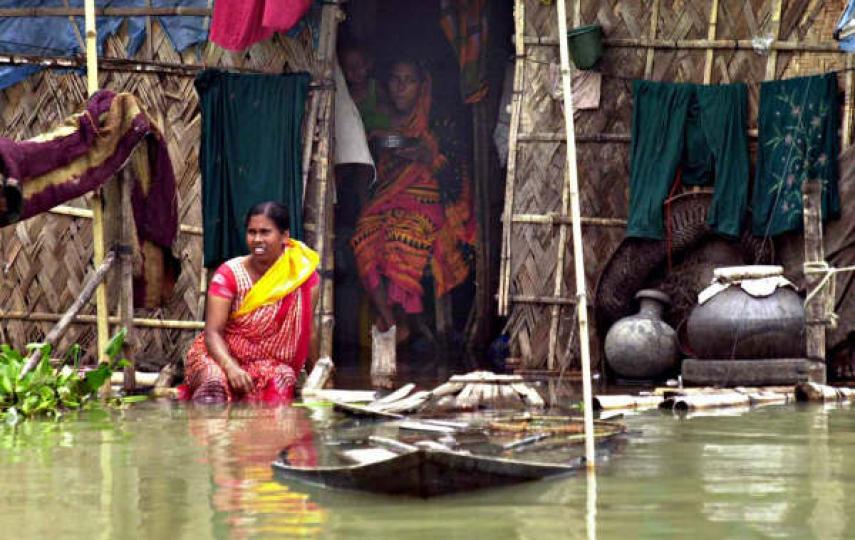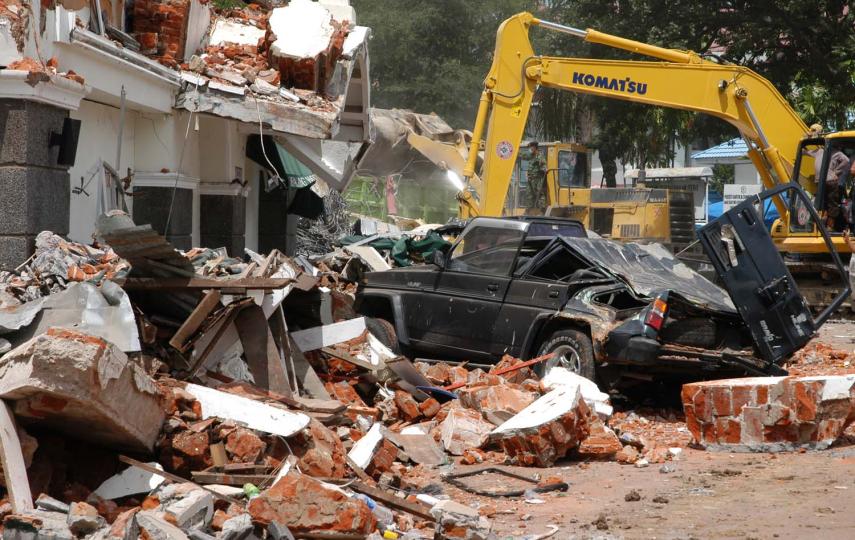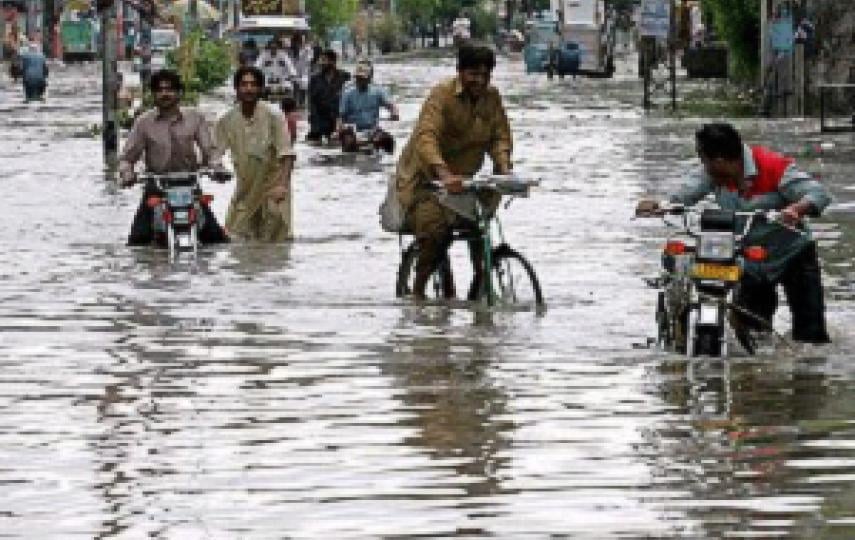أفاد مسؤول رفيع المستوى في منظمة التعاون الإسلامي، خلال المؤتمر الإنساني الذي انعقد في دبي على مدى الأيام الثلاثة الأولى من الشهر الحالي، أن العالم الإسلامي أصبح بشكل متزايد في "قلب الإعصار" بسبب الكوارث والأزمات التي تضرر منها عشرات الملايين من الأشخاص في الدول الإسلامية خلال العالم الماضي.
وفي هذا السياق، قال عطا المنان بخيت، الأمين العام المساعد للشؤون الإنسانية في منظمة التعاون الإسلامي، خلال مؤتمر ومعرض دبي الدولي للمساعدات الإنسانية والتنمية أن 38 دولة من مجمل 57 دولة عضو في منظمة التعاون الإسلامي و55 مليون شخص قد تضرروا نتيجة "الكوارث وحالات الطوارئ المزمنة" خلال عام 2011. وأضاف أن تلك الكوارث تسببت في إجمالي خسائر مالية قدرها 68 مليار دولار مستشهدا بالأرقام التي سيتم نشرها في التقرير السنوي لمنظمة التعاون الإسلامي الذي من المقرر أن يصدر في وقت لاحق هذا الشهر.
ولا تغطي تلك الأرقام الأزمات السياسية التي شهدتها المنطقة أو ما يعرف بالربيع العربي، وقد تم تجميعها بناءاً على المعلومات الواردة من الدول الأعضاء في المنظمة. وقد شهدت هذه الأرقام ارتفاعاً مقارنة بعام 2010 الذي تضررت فيه 36 دولة و48 مليون شخص وبلغت الخسائر المادية 53 مليون دولار وفقا لدراسة أجرتها منظمة التعاون الإسلامي.
وجاء في حديث بخيت: "أصبح العالم الإسلامي يواجه الكثير من الكوارث بشكل متكرر"، وأضاف أن منظمة التعاون الإسلامي أصبحت ملزمة وملتزمة بلعب دور أكبر في مجال الشؤون الإنسانية.
وتلعب منظمة التعاون الإسلامي دوراً نشطاً في تنسيق المساعدات الإنسانية في الصومال، حيث تتمتع بإمكانية الوصول إلى مناطق عديدة لا يستطيع عمال الإغاثة الغربيين الوصول إليها. وقد رافقت منظمة التعاون الإسلامي الحكومة السورية والأمم المتحدة في أول تقييم للاحتياجات الإنسانية في المناطق المتضررة من الاضطرابات في سوريا.
ha/cb-hk/amz
This article was produced by IRIN News while it was part of the United Nations Office for the Coordination of Humanitarian Affairs. Please send queries on copyright or liability to the UN. For more information: https://shop.un.org/rights-permissions




